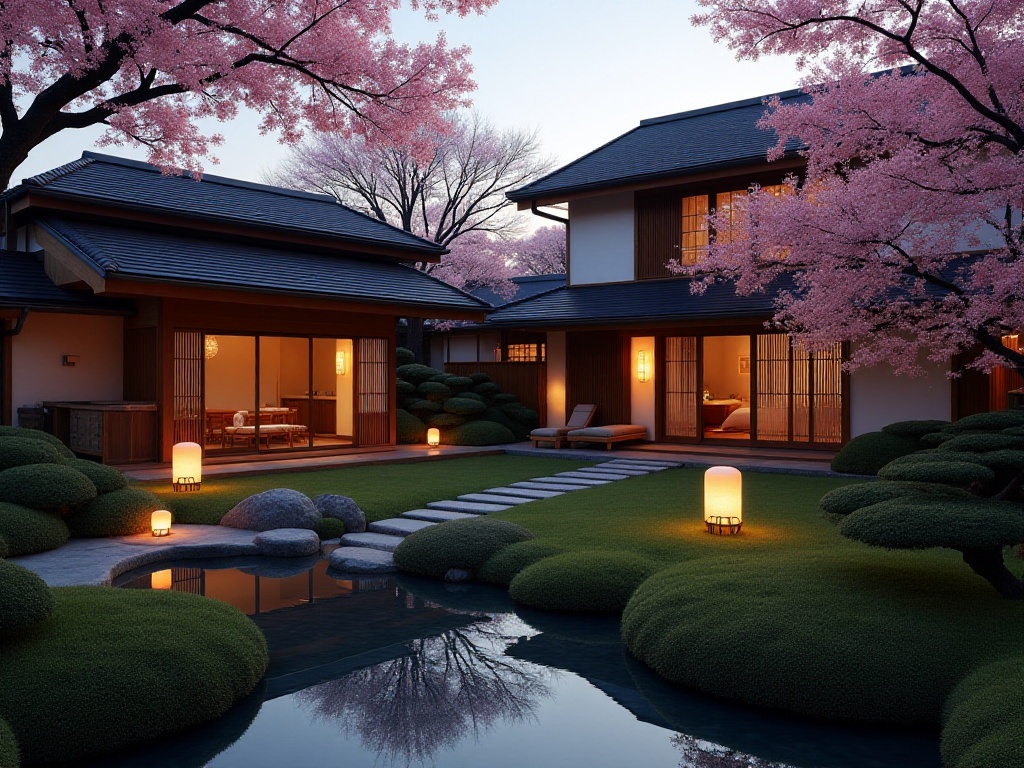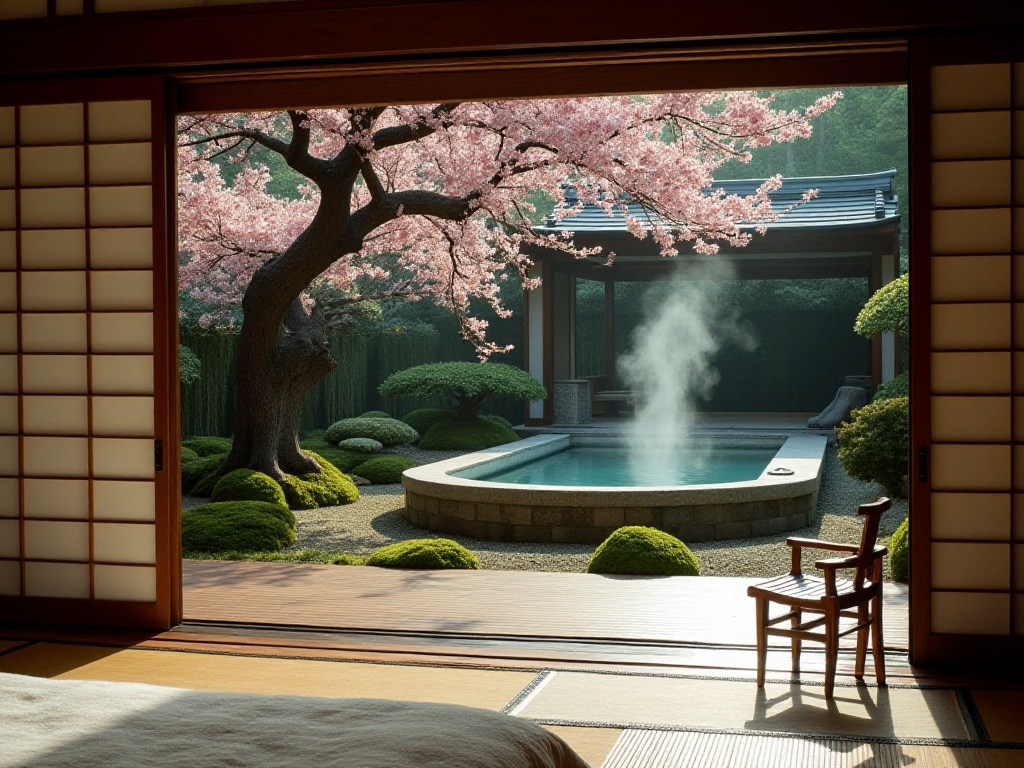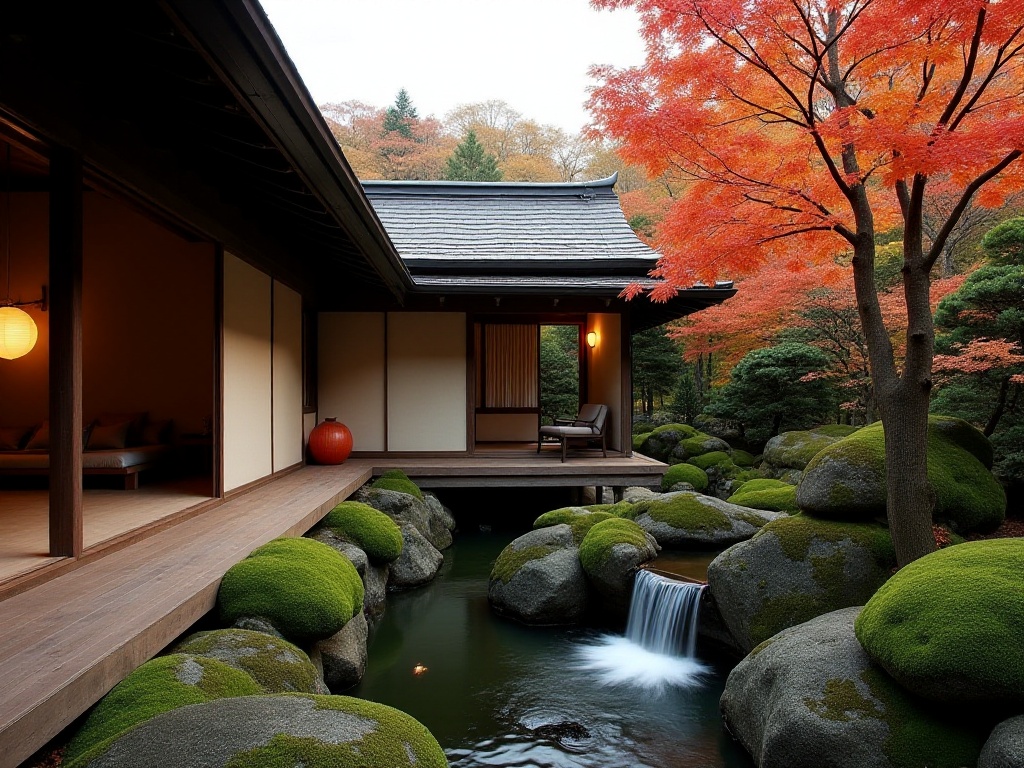Pre-departure Thoughts
Last winter, when I first saw the sunset over Erhai Lake on TikTok, I was instantly captivated. That golden light spreading across Erhai Lake instantly touched the heart of this 996 worker in Beijing. The daily grind of squeezing onto the subway in the morning and working overtime at night was really wearing me down, not to mention the suffocating air on smoggy days. Looking at the videos of Erhai Lake on my phone, I could envision the shimmering water under blue skies and white clouds, with the distant Cangshan Mountains appearing and disappearing. Such scenes made me daydream involuntarily: how wonderful it would be to spend some time there! I immediately opened my laptop and started researching travel guides for Yunnan.
Trip Planning
Many friends advised me against going to Yunnan during Spring Festival, saying it would be too crowded. But after researching the data, I found that hotel occupancy rates in Dali and Lijiang during Spring Festival were actually about 20% lower than during National Day. Plus, with various platforms offering Spring Festival off-peak discounts, flights were nearly a third cheaper than usual, and hotels also had various discounts.
I did thorough research for this trip. I studied at least fifty travel bloggers' journals on Xiaohongshu, and carefully compared various routes on Mafengwo. Finally, I decided to set the itinerary at ten days, with five days each in Dali and Lijiang. Many might think this is too long, but I wanted to take it slow and really experience the local atmosphere.
Choosing hotels took me a long time. In Dali, I finally selected a lakeside room with a view of Erhai Lake. Though expensive, reviews said you could watch the sunrise directly from the room and see stars at night, which seemed worth it. In Lijiang, I chose a Naxi-style inn in the ancient city. The innkeeper was particularly enthusiastic in her responses and said she could help arrange some hidden spots that only locals know about.
Slow Living in Dali
I chose Dali as my first stop. You know what? The pace in Dali's ancient city is really slow, so slow that even I, a Beijing drifter, needed time to adjust. On the first day, I was still thinking about how to "check off" tourist spots, but by the second day, I had been assimilated by the atmosphere here.
The ancient city is particularly quiet in the early morning, with Bai minority residences along the streets glowing softly in the morning light. I like going out early to watch shops open one by one, smelling the aroma of fried dough sticks and rice noodles in the air. Passing by a breakfast stall run by a Bai grandmother, she always asks with a smile: "Young man, would you like to try some freshly made baba?" Those warm Bai-style baba with a bowl of rice noodles is definitely the best way to start the day.
In Foreigners' Street, between Cangshan Mountain and Erhai Lake, I found a particularly interesting guesthouse. The owner is French and never left after coming to Dali for tourism ten years ago. He said, "In Paris, I always thought life had to be rushed. Only after coming to Dali did I understand that life could be so comfortable."
This guesthouse's design is interesting, blending French and Bai elements. The courtyard is full of flowers and has a small coffee corner. Every afternoon, the owner bakes croissants and brews coffee to chat with guests. I met several interesting travelers here, including backpackers who cycled from Tibet, artists who came specifically to sketch, and freelancers planning to stay in Dali for a month.
During the day, I often ride a bicycle around the ancient city. I must say, Dali's street design is really user-friendly, maintaining the charm of the ancient city without making it inconvenient. The small shops along the way are all unique, selling silver jewelry, hand-dyed items, and various ethnic minority specialties. What delighted me most was that these shopkeepers never push sales - you can browse and chat very freely.
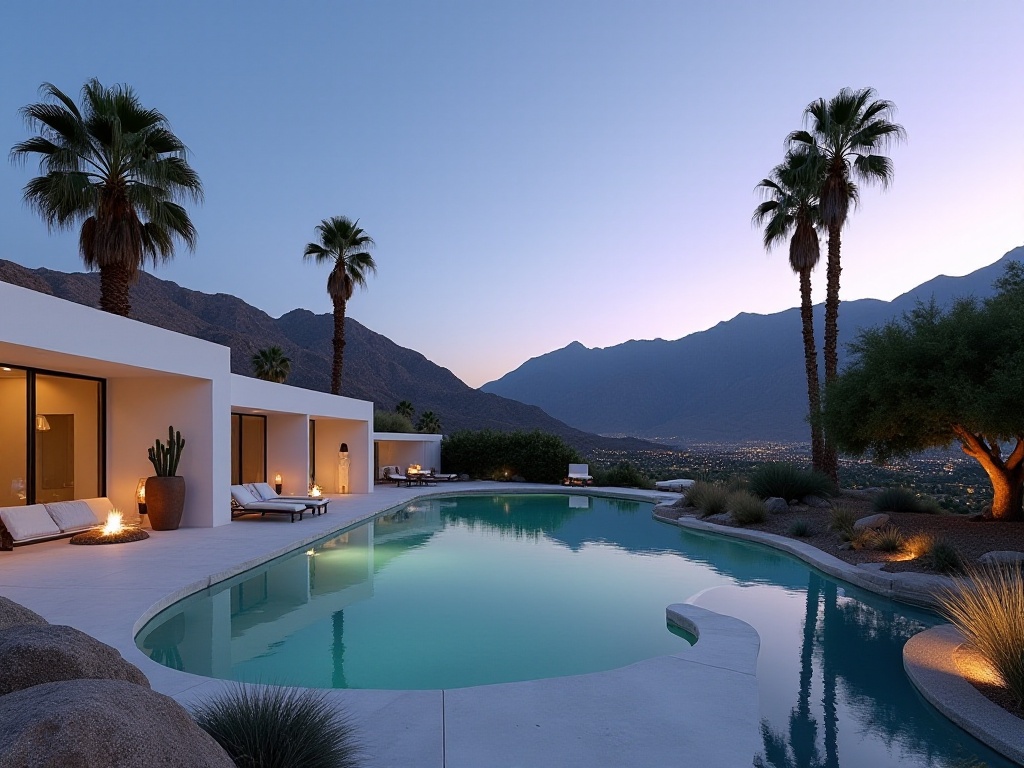
Days and Nights by Erhai Lake
Speaking of Dali's most luxurious experience, nothing beats booking a lake-view room in a hotel by Erhai Lake. I remember waking up at five o'clock on the first morning. Opening the floor-to-ceiling windows, the morning mist slowly rose over Erhai Lake, with distant fishing boats dotting the water - unreal beauty. The hotel's infinity pool faces Erhai Lake, and watching the sunrise while soaking in warm water, well, that feeling is indescribable.
I specifically chose a boutique hotel in Shuanglang Town because its sunrise is known as "Erhai's most beautiful sunrise." The hotel's design is clever, with each room offering different angles of Erhai Lake views. My suite had a huge viewing terrace, and at night, lying in the outdoor bathtub, I could see a sky full of stars.
Most memorable was one evening when I was swimming in the hotel's infinity pool and it suddenly started raining lightly. Raindrops falling on the pool water created ripples, with Cangshan Mountain appearing and disappearing in the distance - the whole scene was like a Chinese ink painting. At that moment, I felt all my fatigue being healed.
The hotel's breakfast is also very thoughtful, with different local specialties every day. I especially liked their rose pastries, which were reportedly made by the most famous local master. The rose petals are picked from surrounding villages, so the fragrance is particularly natural.
Refined Living in Lijiang
From Dali to Lijiang, I chose to hire a business car. The scenery along the way made me completely forget about my phone. The fields, villages, and mountains along the route were each like a painting. The driver was a native of Lijiang and told me many local stories and legends. It turns out every street and bridge in Lijiang Ancient City has its unique meaning.
Upon arriving at Lijiang Ancient City, my first impression was that it's much more commercialized than Dali. But if you think Lijiang is just about Bar Street, you're really underestimating it. The ancient city is particularly beautiful in the morning, with dew still remaining on the stone paths, and the sound of Naxi ancient music coming from afar. I especially love the alleys around Square Street - though there aren't many tourists, each shop has its own character.
One century-old shop particularly impressed me - a Naxi silver jewelry store. The owner is a seventy-something-year-old Naxi grandfather, with craftsmanship passed down through generations. I spent an entire afternoon in the shop, listening to him explain the meanings and crafting techniques of various silver items. Finally bought an amulet that's said to bring safety.
Experiencing Naxi Culture
In Lijiang, I stayed at a Naxi-style inn. The owner is a post-80s young woman who traveled to villages around Lijiang collecting old items to pursue perfect Naxi style. Every decorative piece in the rooms has a story, even the copper lock at the bedhead is an antique from the Qing Dynasty.
The inn's courtyard is completely in Naxi architectural style, with exquisite wood and stone carvings. The roof decoration is particularly special, using century-old tiles with different patterns on each tile. At night, they light a bonfire in the courtyard, and the innkeeper brews tea while telling us Naxi legends.
My room was on the second floor, with a view of Jade Dragon Snow Mountain when opening the window. The room decoration was very thoughtful, with Dongba script decorative paintings on the walls and traditional Naxi quilts on the bed. Most surprising was the bathroom, which used a Qing Dynasty wooden barrel as a bathtub - particularly comfortable for soaking.
Every morning, the inn provides traditional Naxi breakfast. Butter tea, baba, rice noodles, and some small snacks I couldn't name. The innkeeper said these are all made according to traditional Naxi recipes, even the seasonings are specially bought from the village.
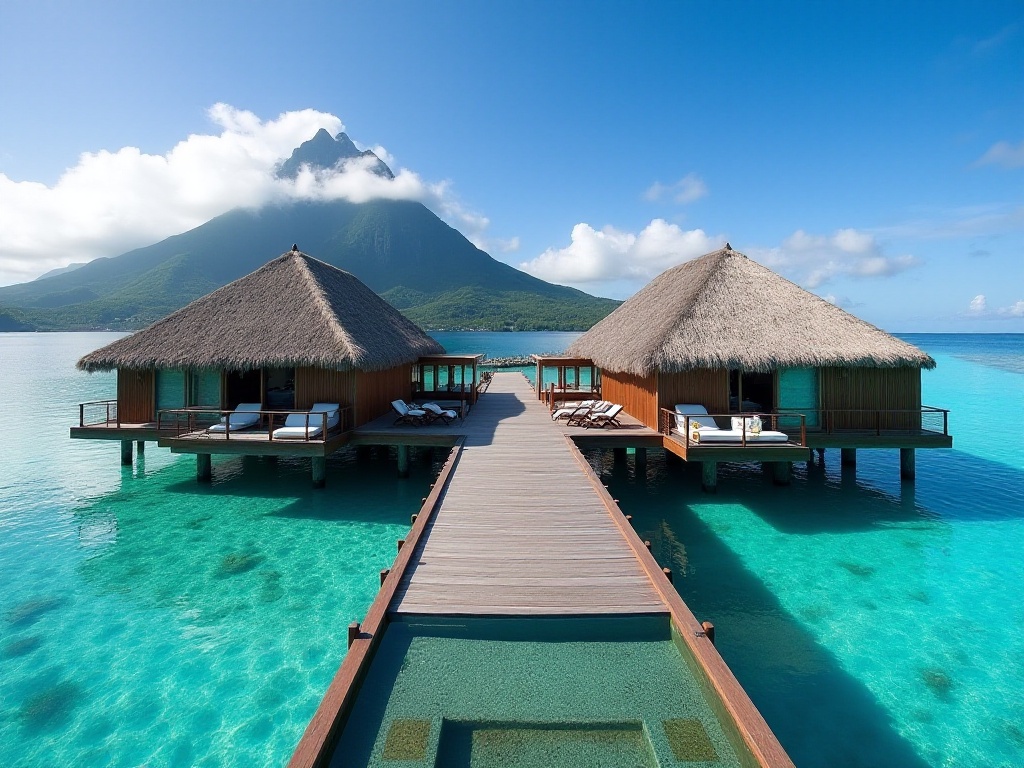
Date with Jade Dragon Snow Mountain
Speaking of luxury experiences, I must mention Jade Dragon Snow Mountain. I booked a VIP package with a private guide, including helicopter tours around the snow mountain. Can you imagine overlooking the snow mountain from 4,680 meters? That sense of awe really justifies the ticket price.
The guide was a native Naxi young man who knew every angle of the snow mountain intimately. He helped me choose the best takeoff time, perfectly catching the spectacular scene of rolling clouds. From the helicopter, the thirteen snow peaks stretched continuously, like a giant dragon coiled above the sea of clouds.
Most memorable was when we landed at a rarely visited viewing platform. The guide said this spot was a secret viewing location passed down through generations in his family. Here, we drank warm ginger tea, watched the changing clouds, and listened to legends about the snow mountain. In Naxi legend, Jade Dragon Snow Mountain is a deity protecting Lijiang.
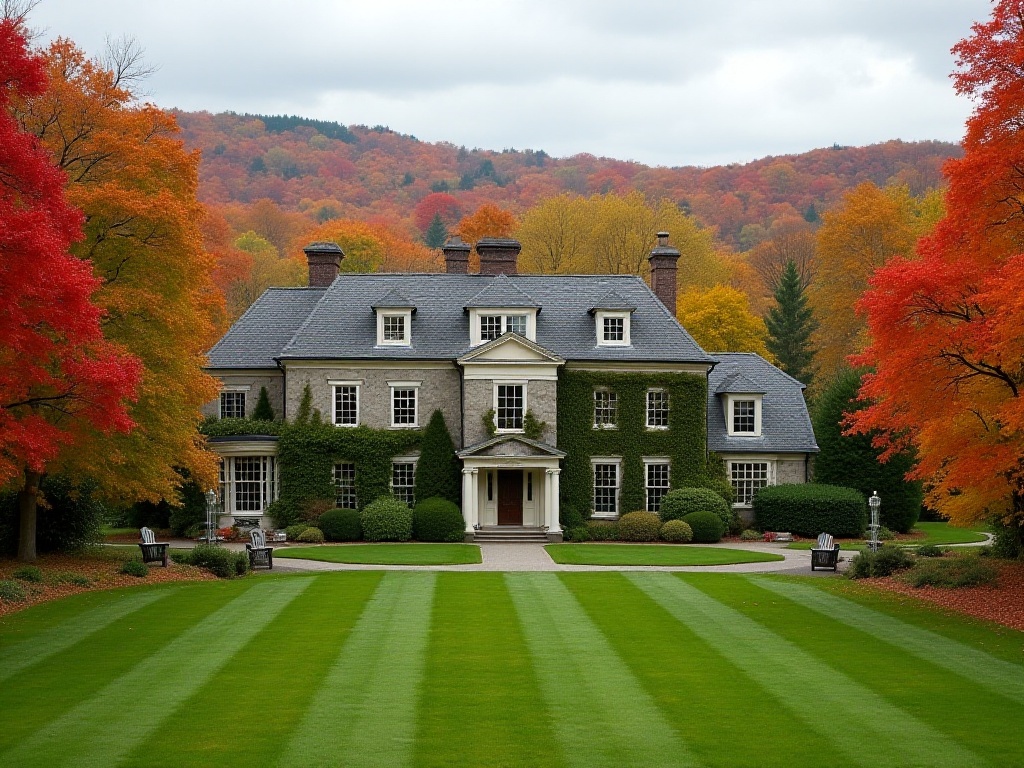
Culinary Adventure
Yunnan's cuisine made me forget about dieting. There's a hidden rice noodle shop in Dali's Poluo Town that only sells for four hours each day. Reportedly, many Hong Kong celebrities come specifically for it. I queued for an hour and a half to eat there, but it was worth it.
The noodle shop's decoration is simple, just a few wooden tables and chairs, but they maintain excellent hygiene. The owner, a sixty-something-year-old man, starts preparing the soup base at three in the morning. What makes his rice noodles different is the soup base, made with more than twenty kinds of Chinese medicinal herbs - you can taste layer upon layer of flavors with one sip.
In Lijiang, I found a Naxi private kitchen. The owner is a retired middle school teacher who opened this restaurant purely to preserve traditional Naxi cuisine. Their ham-stewed chicken soup needs to be reserved a day in advance because it's cooked with snow water from Jade Dragon Snow Mountain. There's also a dish of chicken stewed with matsutake mushrooms, using wild matsutake picked by nearby villagers - the aroma is unforgettably rich.
Most surprising was finding a creative restaurant in Dali Ancient City. The chef is a young returnee from studying abroad who gave new interpretations to traditional Bai cuisine. For example, their potato baba has a traditional outer skin but innovatively uses truffle and cheese for filling, creating particularly rich layers of taste.
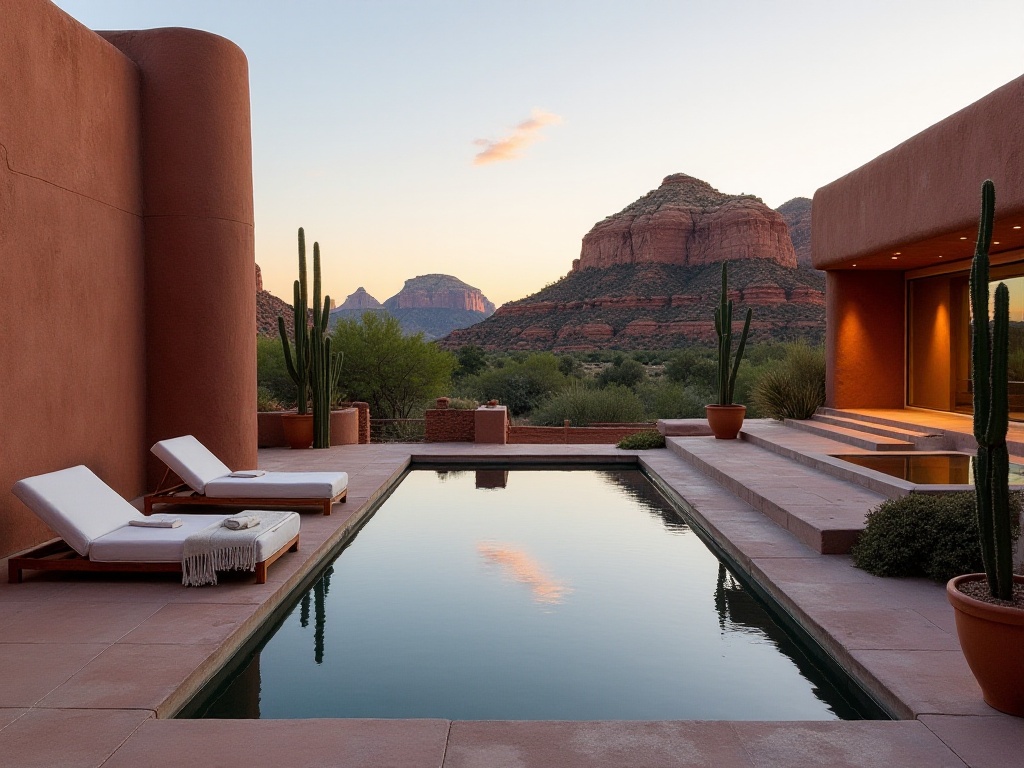
Unexpected Gains
The biggest gain from this trip was actually meeting interesting people. In a Dali café, I met a couple from Australia who spend three months in Yunnan every year. The elderly lady said, "China's Yunnan is more relaxing than anywhere in Europe."
At the inn in Lijiang, I met a photographer from Beijing. He had been in Yunnan for half a year, visiting villages large and small to photograph local life. He showed me many photos - herding elderly, weaving women, farmers working in fields - each photo telling a moving story.
Most interesting was meeting a retired German engineer at a silver shop in Dali. He was fascinated by Bai silversmithing techniques and came specifically to learn. The shop owner is a Bai craftsman, and although they couldn't speak each other's language, they communicated effectively through gestures and simple English.
At a sunset bar by Erhai Lake, I met a group of resident musicians. Some came from all over the country, some were locals, and they improvise every night. Sometimes folk songs, sometimes jazz, sometimes incorporating traditional Bai music elements. Sitting there, listening to music, watching the sunset, time seemed to slow down.
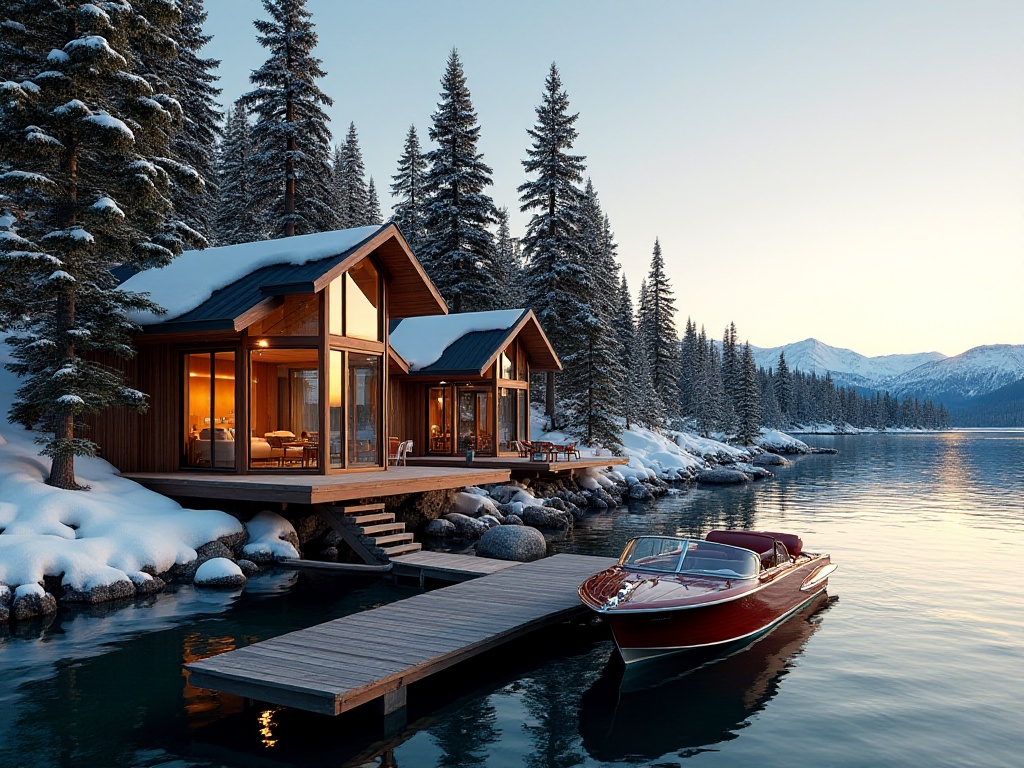
Final Thoughts
On my last night before returning to Beijing, I sat by Erhai Lake lost in thought. Suddenly wondered: what is luxury travel really about? Maybe it's not about staying in the most expensive hotels or eating at the most expensive restaurants. It's about finding your most comfortable rhythm during the journey and meeting interesting souls.
During my days in Dali, I learned to slow down. No longer constantly checking the time like in Beijing, no longer rushing to check off scenic spots. I started enjoying waking up early to watch the sunrise, enjoying aimless wandering in the ancient city's alleys, enjoying chatting with strangers.
In Lijiang, I discovered many real stories beneath the surface prosperity. Those artisans seriously protecting traditional crafts, those young people quietly inheriting ethnic culture, those who chose slow living for their ideals - they all gave me new perspectives on life.
Don't you think that's the point? If you also want to vacation in Yunnan, I suggest not rushing to "check in." Slow down, feel every blade of grass and tree here, and you might have unexpected gains. Letting time slow down, letting your heart quiet down - this is the most luxurious enjoyment.
Actually, true luxury isn't about how much money you spend, but whether you truly experienced the local culture and met people and things that touched your soul. This time in Yunnan taught me how to truly live, not just exist. This insight is incomparable to any material enjoyment.




